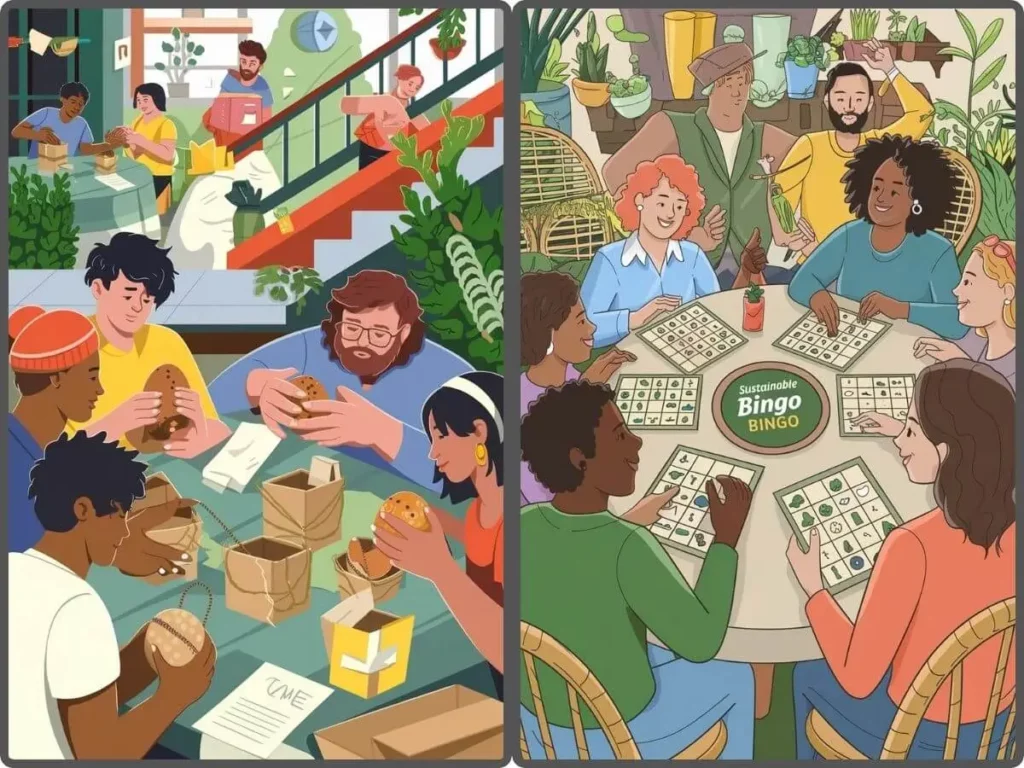Bingo Strategies and Probability Analysis for Serious Players
Let’s be honest. Bingo is a game of chance. Pure and simple. The balls pop out randomly, and no amount of wishing on your lucky troll doll can change that. But here’s the deal: for serious players, the strategy isn’t about controlling the chaos. It’s about managing your play within it. It’s about understanding probability, optimizing your approach, and stretching your bankroll to maximize fun and opportunity. Think of it like sailing. You can’t control the wind, but you can sure learn how to trim your sails.
The Unshakeable Reality: Bingo Probability
Before we talk strategy, we have to talk math. It’s the bedrock. A standard bingo game uses 75 balls. The probability of any single number being called is always 1 in 75. That never changes. But the odds of you winning? That’s a different beast entirely.
Your chances depend on two huge factors:
- How many cards you’re playing. More cards = more coverage = a higher statistical chance of hitting a winning pattern.
- How many people are in the game. This is the real kicker. You’re not playing against the house; you’re competing against every other player. More opponents mean more cards in play, which drastically increases the chance that someone else will hit bingo before you or at the same time, leading to a split pot.
So, the cold, hard truth? In a packed hall, even if you buy 50 cards, your odds might still be incredibly slim. But that doesn’t mean you’re powerless.
Practical Strategies to Shift the Odds in Your Favor
Okay, enough with the math lecture. Let’s get into the actionable stuff. How do you actually play smarter?
1. The Card Quantity vs. Quality Balance
Sure, buying more cards helps. But there’s a limit. Buy too many and you become a frantic mess, unable to keep up with the calls. You’ll miss numbers, and that expensive stack of cards becomes worthless. The sweet spot is the maximum number of cards you can comfortably and accurately manage. For some, that’s 6. For seasoned pros, it might be 30 or more. Know your limit and play within it. Accuracy trumps volume every single time.
2. Choose Your Games and Sessions Wisely
Not all games are created equal. This is a seriously underutilized tactic.
- Play During Off-Peak Hours: Fewer players = less competition. A Tuesday afternoon game might have a fraction of the Saturday night crowd, meaning your 10 cards are facing 200 others instead of 2000. Your probability of a solo win skyrockets.
- Look for Special Games: High-stakes games attract more sharks, but they also often have guaranteed prize pots that are worth the fight. Smaller, low-cost games can be perfect for practicing your multi-card management without blowing your budget.
- Online vs. Hall Play: Online sites use Random Number Generators (RNGs) and often have auto-daub features. This allows you to play far more cards without the stress of manually tracking them. It changes the entire quantity game.
3. Bankroll Management: Your Secret Weapon
This is the most important strategy, full stop. It’s what separates the serious player from the desperate one. You must set a budget for your session and stick to it. Decide beforehand how much you’re willing to spend for that night’s entertainment. And here’s the critical part: view any winnings as a bonus, not a guarantee.
When your bankroll is gone, you stop. This discipline prevents chasing losses and turns bingo back into a fun, controlled activity rather than a stressful gamble.
Advanced Considerations: Patterns and Psychology
Once you’ve got the basics down, you can start thinking about the nuances.
Pattern Probability
Different patterns require a different number of calls to complete. A simple single-line win will obviously happen sooner than a complex “postage stamp” or “blackout” pattern. The earlier a win can occur, the more likely it is that multiple people will hit it at the same time. If you’re playing a blackout game, you know you’re in for the long haul, and the pool of players holding viable cards shrinks with each call. It’s a marathon, not a sprint.
The Mental Game
Stay focused. It’s easy to zone out during a long session, especially if you’re not getting close. But that one moment of distraction could be the moment your number is called. Use dauber holders to keep your hands free, organize your cards in a way that makes sense to you, and take mini-breaks between games to reset your focus.
A Quick Reality Check on “Lucky” Spots
We’ve all heard them. The myths. “The machine in the corner is hot tonight!” or “Cards from the middle of the stack are luckier!” It’s nonsense. Completely. If the balls and cards are truly random, there is no lucky seat, lucky dauber color, or lucky machine. Believing in it is harmless fun—until it starts influencing your rational decision-making. Don’t waste energy on superstition; invest it in strategy.
The Final Call: It’s About the Long Game
So, what’s the ultimate bingo strategy for a serious player? It’s a mix. It’s buying the right number of cards you can handle. It’s choosing games with weaker competition. It’s managing your money with iron discipline. And most importantly, it’s accepting the randomness while expertly navigating within it.
The real win isn’t just a cash payout. It’s the thrill of the call, the community of the hall, and the satisfaction of playing the game as well as it can possibly be played. You can’t force a bingo. But you can absolutely put yourself in the best possible position to catch one when it finally, miraculously, comes your way.









